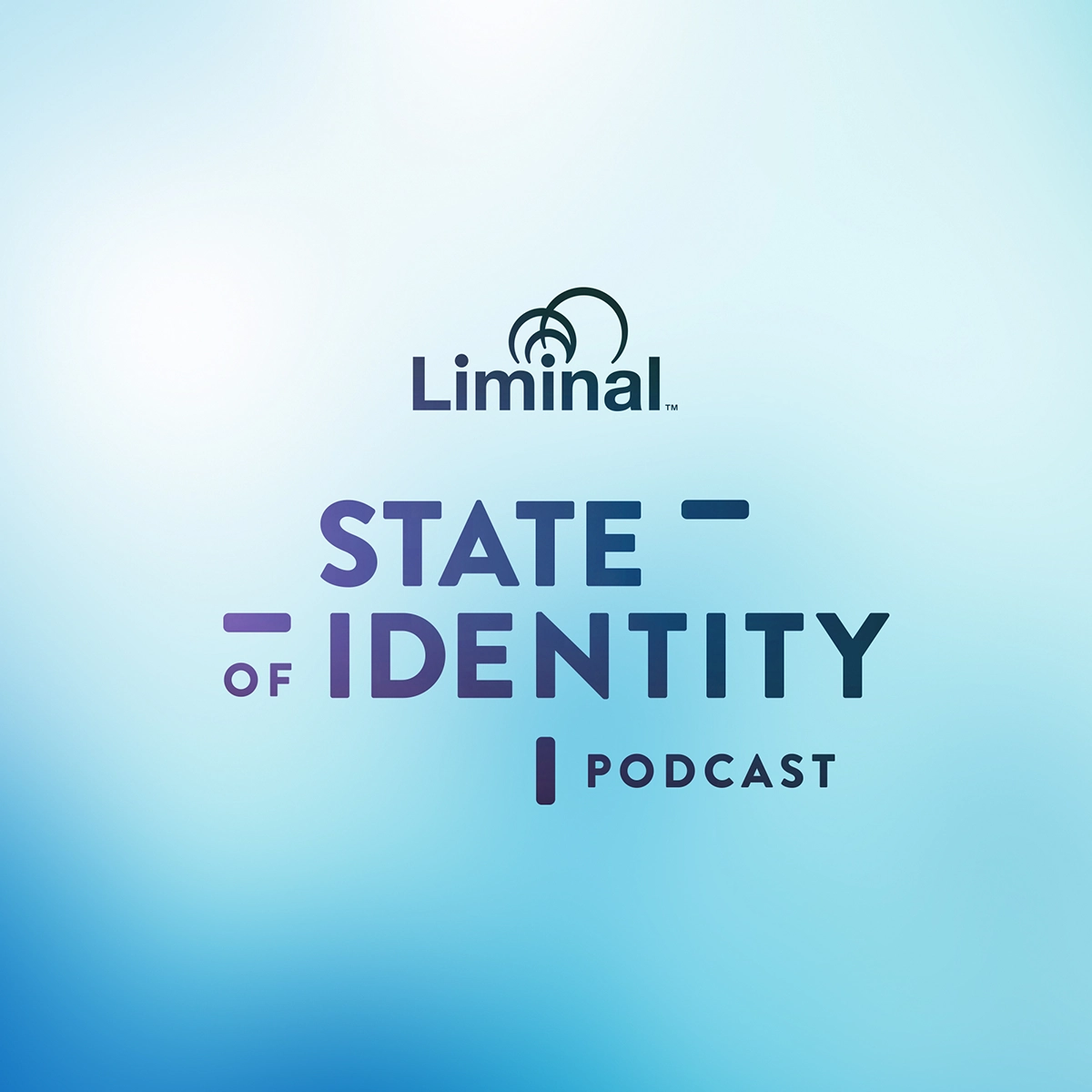On this State of Identity podcast, host Cameron D’Ambrosi is joined by Chaitanya Sarda and Rushabh Shah, Founders at AiPrise. They take on the conversation of fraud prevention in the emerging markets of LATAM and Africa and how KYC and AML are in the emerging markets.
PODCASTS

02/09/23
Emerging Markets of LATAM & Africa
Hosted by
Cameron D'Ambrosi
Senior Principal at Liminal
Guest
Chaitanya Sarda, Rushabh Shah
Links
